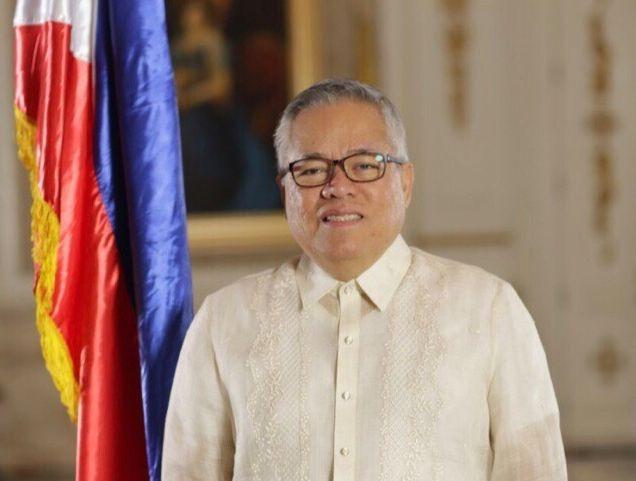Trade chief Lopez downplays EU Parliament reso pushing for revocation of PHL’s GSP+ status

Trade Secretary Ramon Lopez shrugged off the resolution of the European Parliament that pushed for the revocation of the Philippine exports zero-tariff perks over alleged worsening human rights situations in the country.
In a statement, Lopez said the Philippine government was informed about the EU Parliament resolution.
In a resolution dated September 17, the European Union’s legislative assembly said that “given the seriousness of the human rights violations in the country, calls on the European Commission, in the absence of any substantial improvement and willingness to cooperate on the part of the Philippine authorities, to immediately initiate the procedure which could lead to the temporary withdrawal of GSP+ preferences.”
With this, Lopez said that the government was so far “able to explain objectively the Philippines side on issues that are raised and we don't see any reason why our GSP+ privilege will be withdrawn.”
“It is precisely helping address poverty and attendant social and economic issues, and helping MSMEs in many parts of the country, by allowing greater EU market access for Philippine products,” he said.
Under the Generalized Scheme of Preferences Plus (GSP+) – a mechanism that gives developing countries the privilege of exporting zero-duty merchandise to EU-member states – some of Philippine exports to Europe are benefitting from tariff breaks.
The country’s GSP+ covers 6,274 locally-made products.
“The Philippines has always been working closely and fully cooperating with the EU Commission – the main EU institution in-charge of implementing the GSP+ scheme,” the Trade chief said.
“We have an Inter-agency working group in place that attend to the regular monitoring visits and respond accordingly to various issues if and when they are officially raised by the EU Commission,” he said.
The Trade chief said the EU Commission has a mechanism in place and process to follow to verify issues before sanctions are imposed.
The EU Commission is the executive branch of the European Union, while the European Parliament is the trade bloc’s legislative body.
The EU grants special incentives to developing countries that ratify 27 core international conventions on human and labor rights, environmental protection and good governance as well as from the effective implementation thereof.
In 2019, at least €2 billion or about P113 billion worth of Philippine goods entered the EU under the zero-tariff GSP+ mechanism.
Based on records, the EU is the Philippines’ fourth largest trading partner, accounting for almost 9% of the country’s total trade.
Also, trade in goods between the two partners equaled € 14.9 billion in 2019.—AOL, GMA News



